How Many Types Of Sewage Treatment Plant Is Effective Wastewater Processes
Hey friend!
So, I recently came across some interesting information about sewage treatment plants and how wastewater is treated for disposal. I thought I'd share it with you because it's something that we often overlook but is extremely important for our environment and overall well-being.
Sewage Treatment Plant and Its Need
Let's start by understanding what a sewage treatment plant is and why it is needed. A sewage treatment plant, as the name suggests, is a facility that treats wastewater or sewage to make it environmentally safe before it is discharged back into rivers, lakes, or even used for irrigation purposes.
Why is it needed, you ask? Well, when untreated wastewater is released into natural water bodies, it can lead to severe pollution. It not only affects the aquatic life but also poses a significant threat to human health. Sewage contains harmful bacteria, viruses, and various other contaminants that can cause diseases if not treated properly.
By treating sewage at a treatment plant, we can remove these dangerous pollutants and make the water safe for reuse or to be released back into the environment.
Step-by-Step Process of Sewage Treatment
Now that we understand the need for sewage treatment, let's dive into the step-by-step process through which wastewater is treated:
1. Preliminary Treatment
The first step in sewage treatment is the preliminary treatment stage. Here, the sewage undergoes physical processes to remove large debris and solid materials. The wastewater is passed through screens and grit chambers to filter out materials like plastics, rags, cans, and other solid wastes.

This initial treatment helps protect the machinery and equipment used in subsequent stages of the treatment process by preventing any damage or clogging.
2. Primary Treatment
After the preliminary treatment, the sewage moves on to the primary treatment stage. Here, the wastewater undergoes a process called sedimentation. In this process, the sewage is held in large tanks known as sedimentation tanks or clarifiers, where solid particles settle to the bottom due to gravity.
Once the solid particles settle, they form a layer of sludge at the bottom of the tanks, while the relatively clearer water stays on top. The sludge is then removed and sent for further treatment, while the clarified water moves on to the next stage of treatment.
3. Secondary Treatment
In the secondary treatment stage, the wastewater undergoes biological treatment to remove dissolved organic matter, such as human waste and food waste, that remains in the water after the primary treatment.
This process involves the use of microorganisms that break down the organic matter and convert it into carbon dioxide, water, and additional microorganisms. The commonly used method for secondary treatment is the activated sludge process, where wastewater is mixed with a large population of microorganisms in a tank.
As the microorganisms feed on the organic matter, they form flocs, which are tiny clumps that can easily settle down. These settled flocs, along with the microorganisms, are known as activated sludge and are separated in a settling tank. Some of this activated sludge is recirculated back into the aeration tank to maintain a high concentration of microorganisms for continuous treatment.
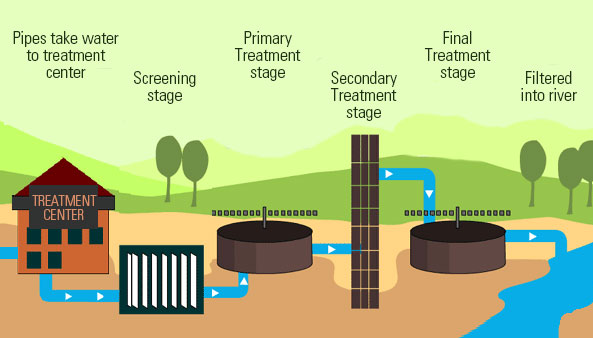
The water that comes out of the secondary treatment is now much cleaner and free from most of the pollutants that were present in the raw sewage.
4. Tertiary Treatment
In some cases, where the treated water needs to meet specific quality standards or when it is intended for reuse, a tertiary treatment stage is included. The tertiary treatment helps in further removing any remaining impurities and achieving a higher level of water quality.
Various methods are used during the tertiary treatment, such as filtration, disinfection, and advanced oxidation. Filtration involves passing the water through beds of sand or other media to remove any remaining suspended particles.
Disinfection is carried out to kill any disease-causing bacteria, viruses, or other microorganisms that might still be present. Common disinfection methods include chlorination, ultraviolet (UV) disinfection, or ozonation.
Advanced oxidation processes, such as the use of chemicals like hydrogen peroxide or ozone, are also employed during tertiary treatment to break down any remaining organic compounds or persistent pollutants.
The water that goes through the tertiary treatment process becomes suitable for various applications like agriculture, industrial processes, or even replenishing groundwater sources.
Importance of Sewage Treatment
Now that we know how wastewater is treated, let's talk about why sewage treatment is crucial:
1. Protecting Human Health
The primary goal of sewage treatment is to protect human health. By treating sewage properly, we reduce the risk of waterborne diseases caused by harmful bacteria, viruses, and other pathogens present in untreated wastewater. It ensures that the water we drink, bathe in, or use for various purposes is safe and free from harmful contaminants.
2. Environmental Protection
Untreated sewage can have severe consequences on the environment. When released into natural water bodies, it can lead to the pollution of rivers, lakes, and oceans, disrupting the delicate ecosystems and harming aquatic life. Sewage treatment helps in minimizing water pollution and preserving the natural environment.
3. Resource Conservation
Sewage treatment allows for the reuse of water in various applications, reducing the burden on freshwater sources. Treated wastewater, after undergoing tertiary treatment, can be utilized for activities like irrigation in agriculture, industrial processes, or even groundwater recharge. This helps in conserving valuable freshwater resources and ensuring their sustainability for future generations.
Conclusion
Sewage treatment plants play a vital role in ensuring the health and well-being of both humans and the environment. Through a comprehensive treatment process, wastewater is transformed from a potentially harmful and pollutant-laden substance into clean and safe water that can be reused or safely discharged back into the environment.
It's essential for us to understand the significance of sewage treatment and the impact it has on our daily lives. So let's appreciate the efforts put into maintaining sewage treatment plants and do our part in using water responsibly and minimizing the generation of wastewater.
I hope this information was insightful for you, and now you have a better understanding of the sewage treatment process and why it is so important. Take care, my friend, and let's continue to spread awareness about the significance of sewage treatment!
If you are looking for How Do Sewage Treatment Works you've visit to the right place. We have 35 Pictures about How Do Sewage Treatment Works like Understanding Urban, Eco-friendly Sewage Treatment Plants - Banka Bio, Sewage Treatment Plant | Effluent Treatment Plant | Air Pollution Control System | Cyclone Separator and also Sewage Treatment Plant and its need. Here it is:
How Do Sewage Treatment Works
 watertreatmentworks.blogspot.com
watertreatmentworks.blogspot.com sewage treatment work works
Sewage Treatment Plant Will Be Completed By Next Year: Mayor
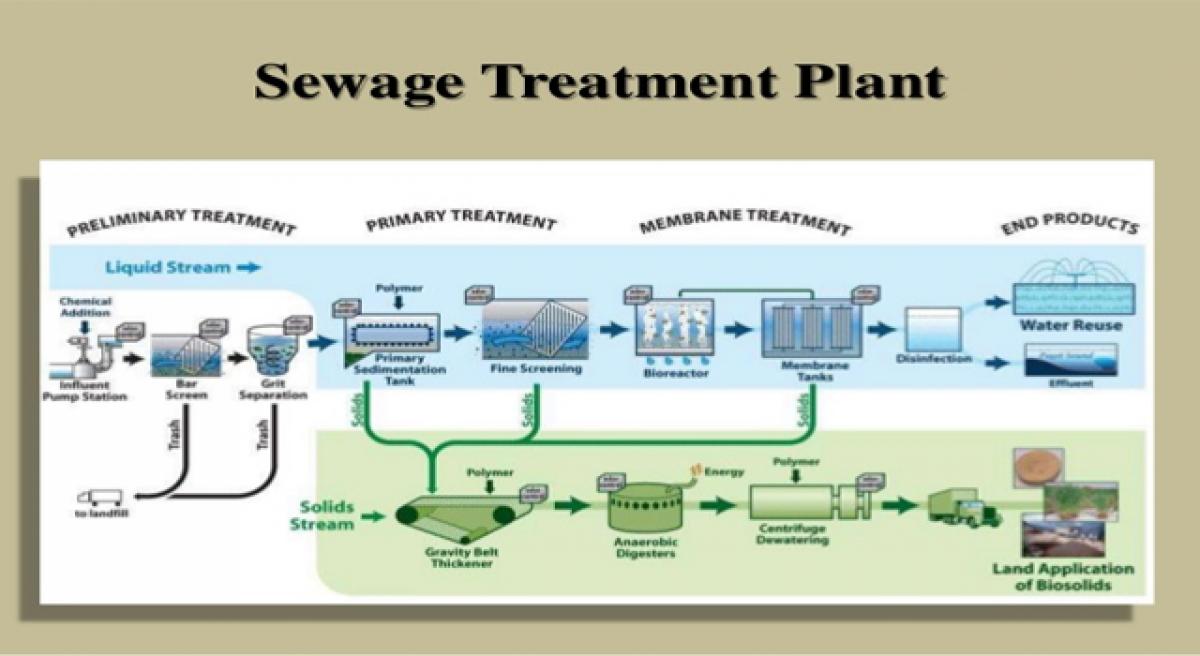 www.thehansindia.com
www.thehansindia.com treatment plant sewage mayor completed year next
Sewage Treatment: A Detail Information On Wastewater Treatment Plant
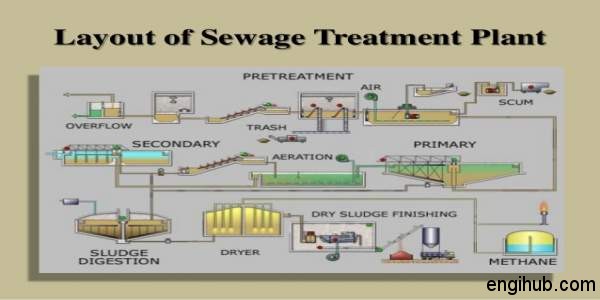 engihub.com
engihub.com sewage wastewater waste subscribe
Types Of Sewage Treatment Plant Pdf
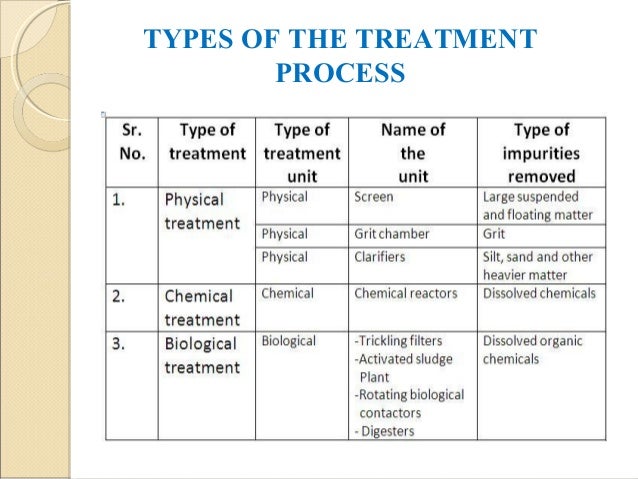 why-not.com
why-not.com treatment sewage plant types wastewater pdf ppt disposal application industrial
Sewage Treatment Plant | Effluent Treatment Plant | Air Pollution Control System | Cyclone Separator
plant treatment sewage process sludge activated air wastewater effluent control diagram
Sewage Treatment Plant | Dave Wong | Flickr
 www.flickr.com
www.flickr.com sewage
Understanding Urban, Eco-friendly Sewage Treatment Plants - Banka Bio
 bankabio.com
bankabio.com treatment sewage plants understanding eco friendly urban
4 Tips For Maintaining Your Sewage System - Urban Farm Online
 www.urbanfarmonline.com
www.urbanfarmonline.com sewer plumbing sewage repair septic drainage pipe drain pipeline perez pipes clogged infiltration inflow backups lateral manhole tank clog pinellas
Manufacturer Of Effluent & Sewage Treatment Plants From Kolkata By AADRIKA WATER ENGINEERING PVT
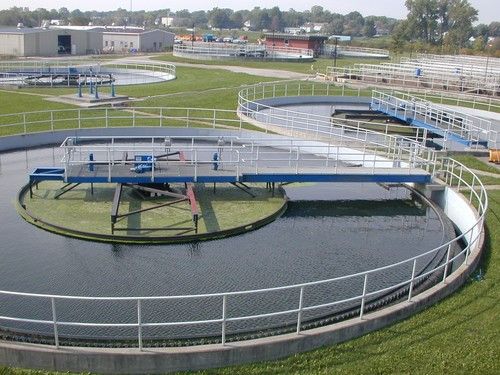 www.tradeindia.com
www.tradeindia.com sewage kolkata effluent proficient
What Are The Different Types Of Sewage Treatment Plants?
 clear-ion.blogspot.com
clear-ion.blogspot.com sewage
Sewage Treatment Plant Manufacturers In Chhattisgarh - Industrial RO Plant Manufacturers In
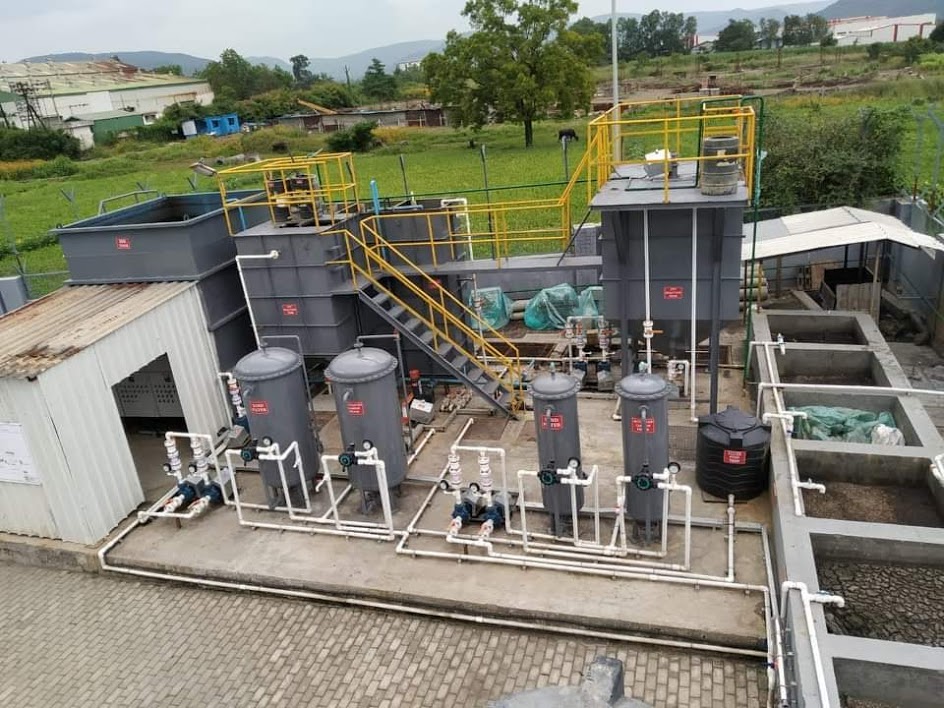 neer-roplant.com
neer-roplant.com Types Of Sewage Treatment Plants - Off-Mains Drainage Installers - OMDI
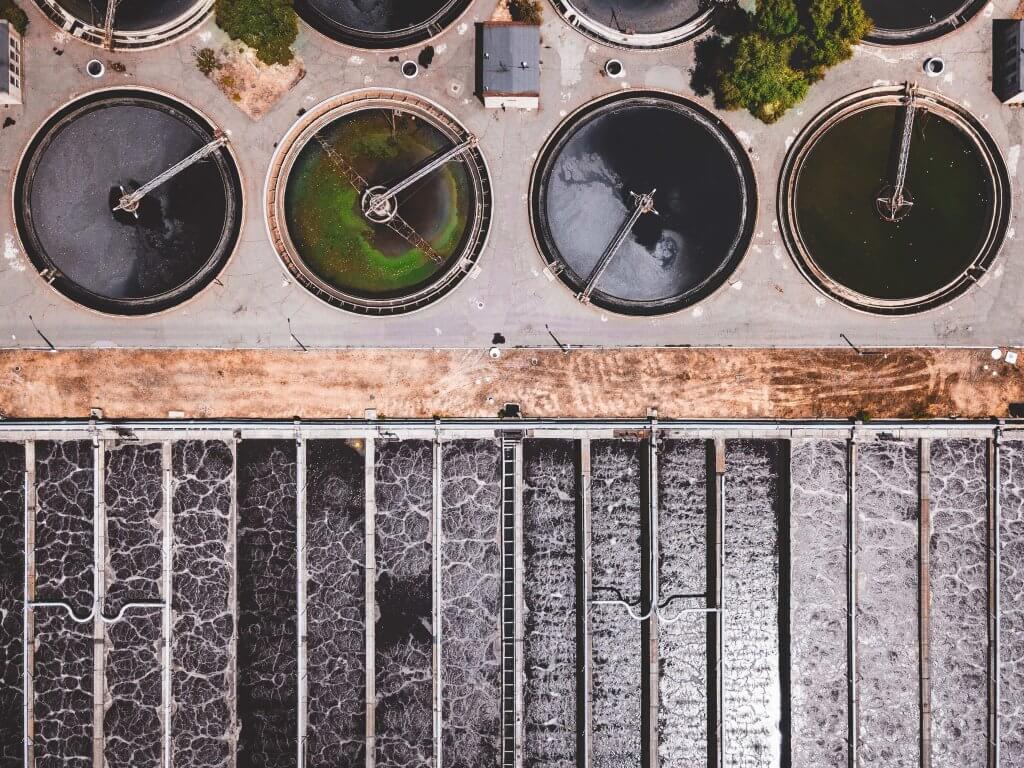 www.omdi.co.uk
www.omdi.co.uk sewage wastewater mulj reuse purification lenntech election omdi poljoprivredi opasan saveznik nears emerge matters sludge installers mains quotation
Water Softener & Purifier - Manufacturer From Kolkata , India
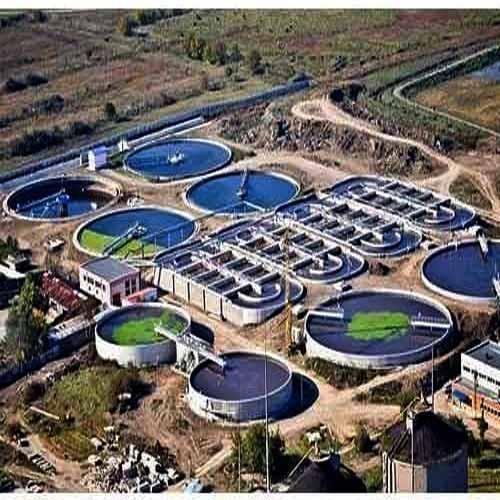 www.tradeindia.com
www.tradeindia.com plant water treatment recycling sewage waste plants wastewater mumbai municipal effluent industrial navi india kw m3 hour kolkata 1000 pharmaceutical
Step By Step Process Of How Wastewater (sewage) Is Treated For Disposal. | Eschooltoday
 eschooltoday.com
eschooltoday.com sewage wastewater wwtp eschooltoday screening
Types Of Sewage Treatment Plants
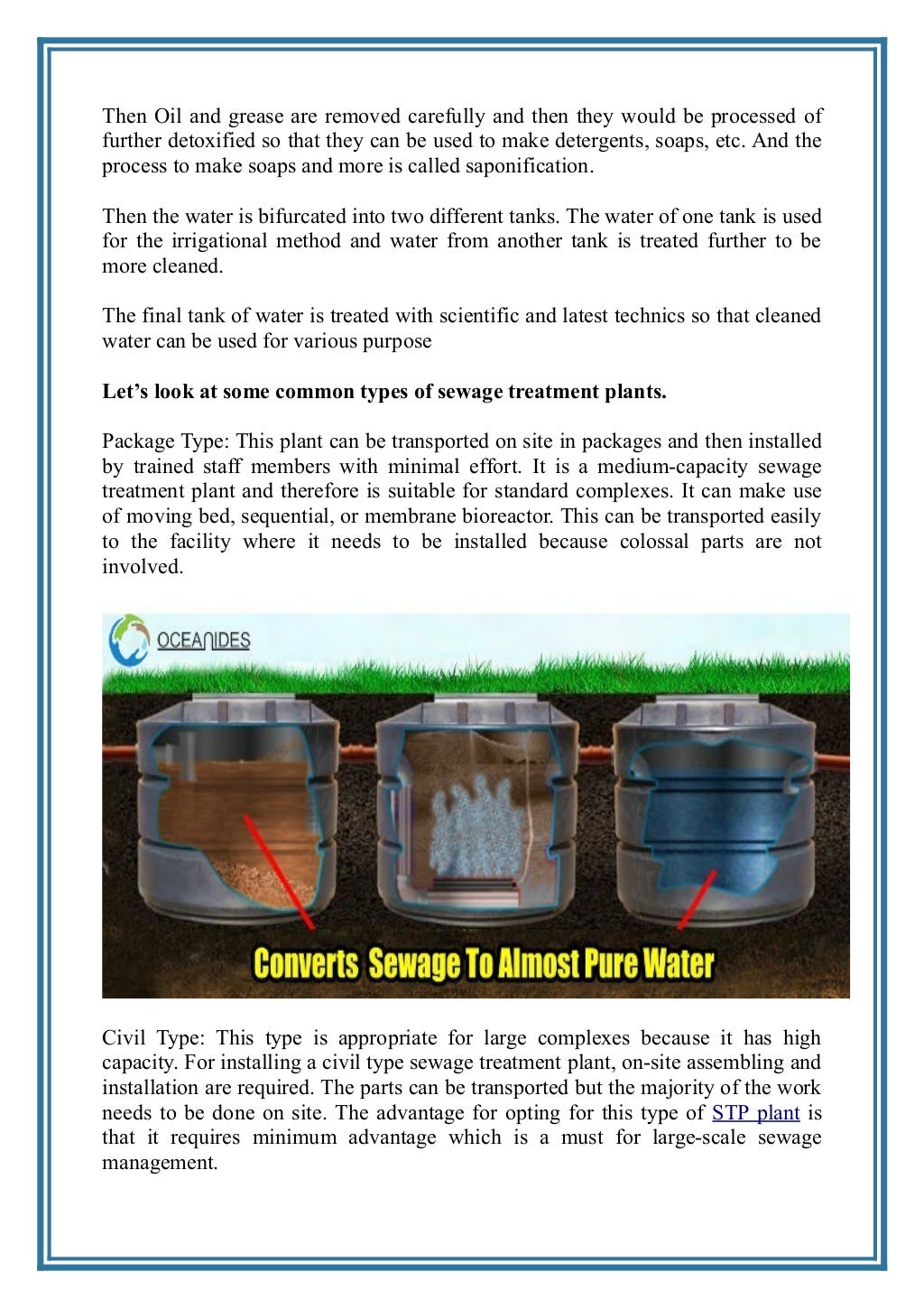 www.slideshare.net
www.slideshare.net sewage
WHAT ARE THE EFFICIENT TYPES OF SEWAGE TREATMENT PLANT (STP) AVAILABLE? - Blog | Jateentrading Co.
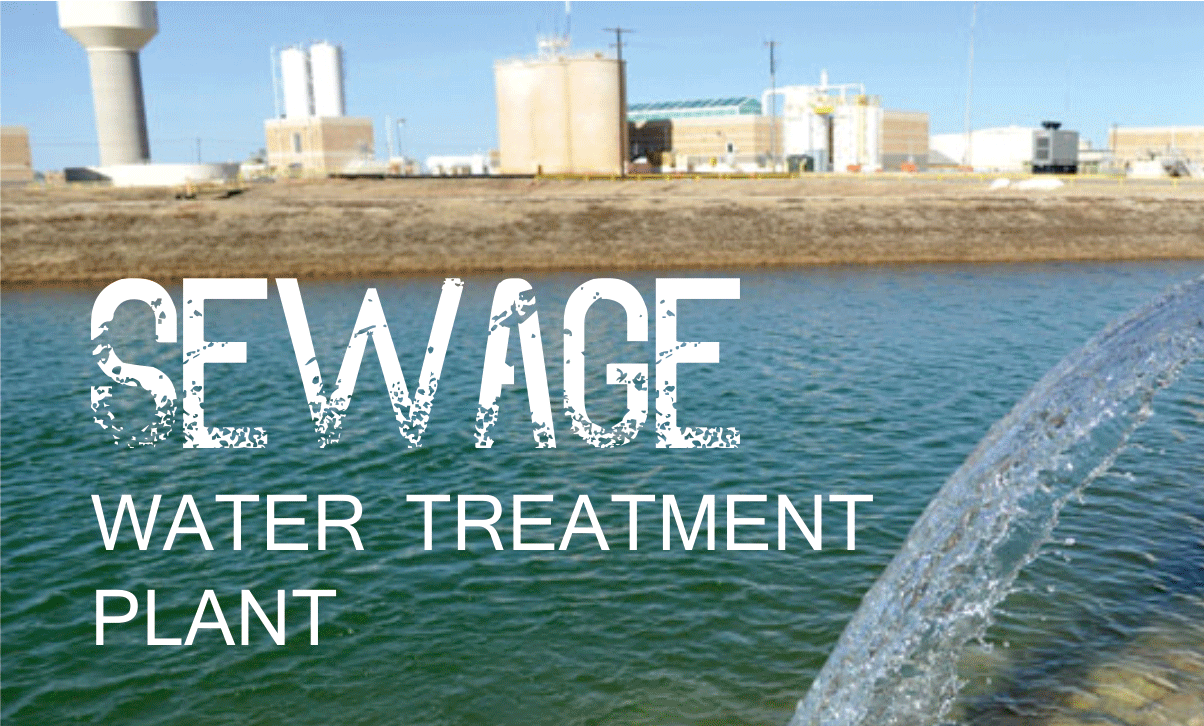 blog.jateentrading.com
blog.jateentrading.com sewage stp
What Are Sewage Treatment Plant & How Do They Work? - ShipFever
 shipfever.com
shipfever.com sewage shipfever
How Do Sewage Treatment Plants Work -Flow Diagram – Sewage Treatment Plant Manufacturer
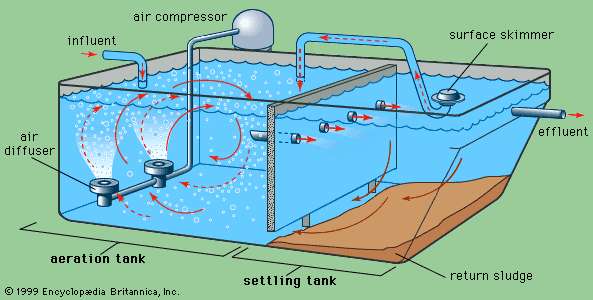 sewagetreatmentplantmanufacturer.wordpress.com
sewagetreatmentplantmanufacturer.wordpress.com sewage wastewater sludge britannica
Sewage Treatment Plant And Its Need
 www.slideshare.net
www.slideshare.net sewage plant
Know The Different Types Of Sewage Treated By Sewage Treatment Plant
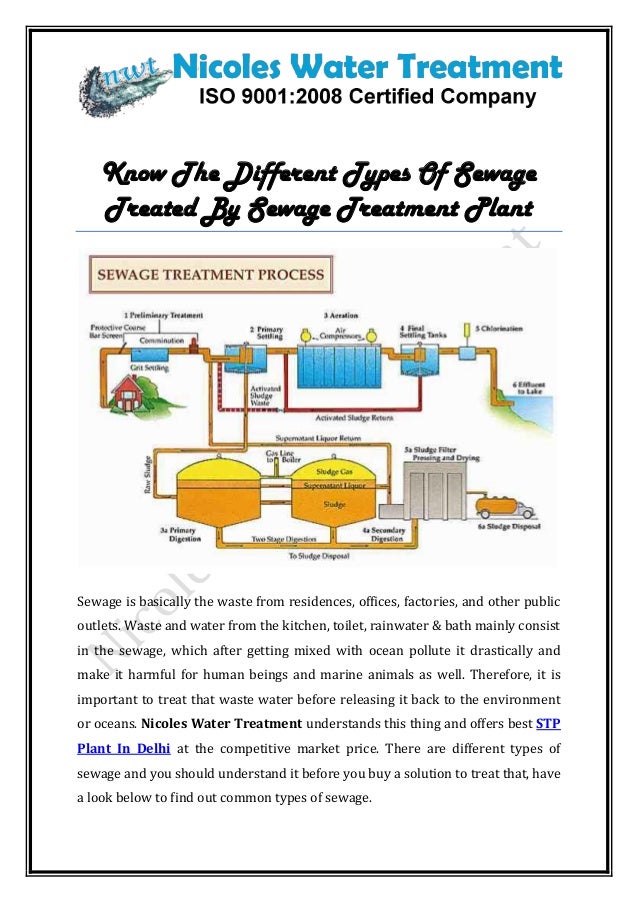 www.slideshare.net
www.slideshare.net sewage treated
How Do Sewage Treatment Plants Work? - Cleantech Water
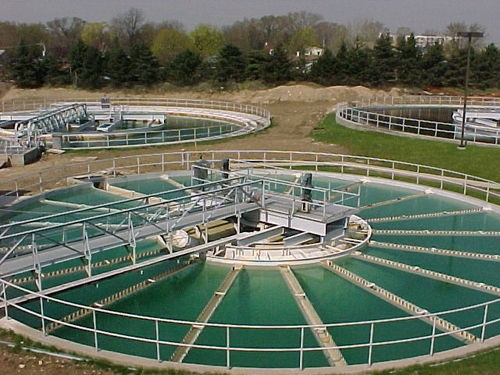 www.cleantechwater.co.in
www.cleantechwater.co.in treatment sewage plants plant work water primary function cleantech
Gawar Construction Limited | Potalia Enterprises
 potaliyaenterprises.com
potaliyaenterprises.com gawar sewage cope distribution
Septic Tank – Sewage Treatment Plants Bring Safety To Public Health And The Environment
 somosalameda.org
somosalameda.org treatment sewage process primary sludge secondary plants tank activated plant water management septic types using wastewater britannica technology public waste
Sewage Treatment Plants Essex | Mantair
treatment sewage plant installation chelmsford works essex plants scope included green
Process Of Treating Waste In Sewage Treatment Plant
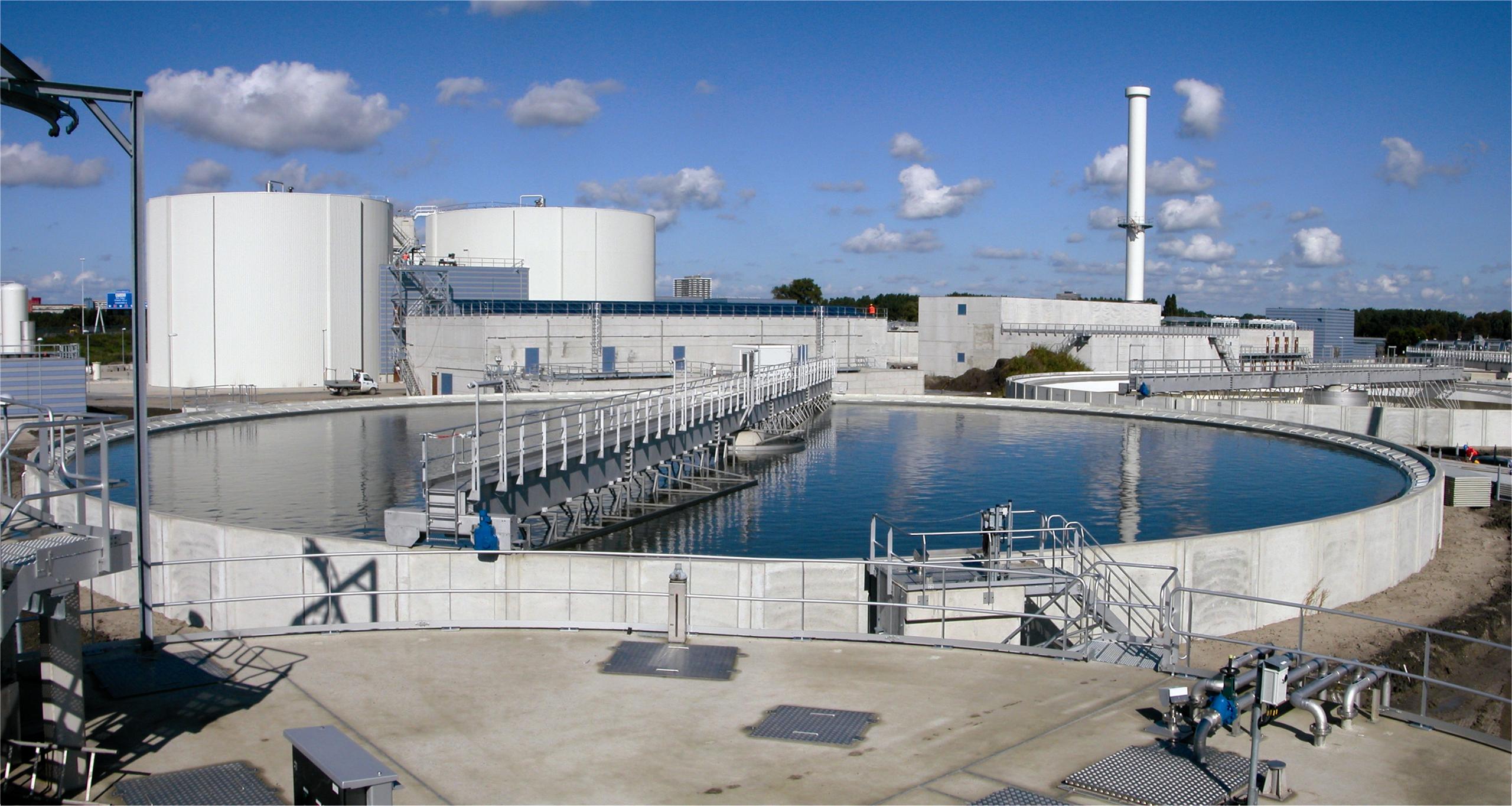 www.cleantechwater.co.in
www.cleantechwater.co.in sewage treatment waste plant treating process water plants
Several Types Of Sewage Treatment Plants Or Bioreactors
 aikdesigns.com
aikdesigns.com treatment sewage wastewater bioreactors biological nuoc xu aikdesigns aik tốt có giá hàng methanol
What Are The Different Types Of Sewage Treatment Plants Available And The Benefits Of Each
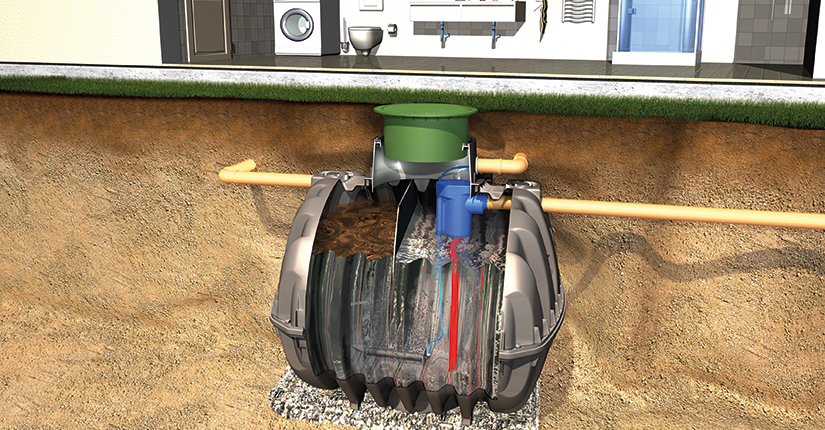 www.grafuk.co.uk
www.grafuk.co.uk sewage graf wastewater sbr pe wody odzysk szarej freeflush jordi puig entrevistamos deszczowej kka callum vallance poole aquantis
How To Treat Wastewater In A Sewage Treatment Plant?
 clear-ion.blogspot.com
clear-ion.blogspot.com sewage treatment plant wastewater treat into stages major workings say works
Marine Sewage Treatment Plants, Regulations And Working | Marinersgalaxy
 marinersgalaxy.com
marinersgalaxy.com sewage treatment plant plants ship marine working diagram board regulations used biological types water marinersgalaxy industry shipping
Sewage Treatment Plant Is Effective Wastewater Processes | Waste Solution
 wtsolution.blogspot.com
wtsolution.blogspot.com treatment sewage plant wastewater system waste effective processes clicking relevant simply above links follow plants
Why Sewage Treatment Plant Is Your Best Option » Geodata & Drilling
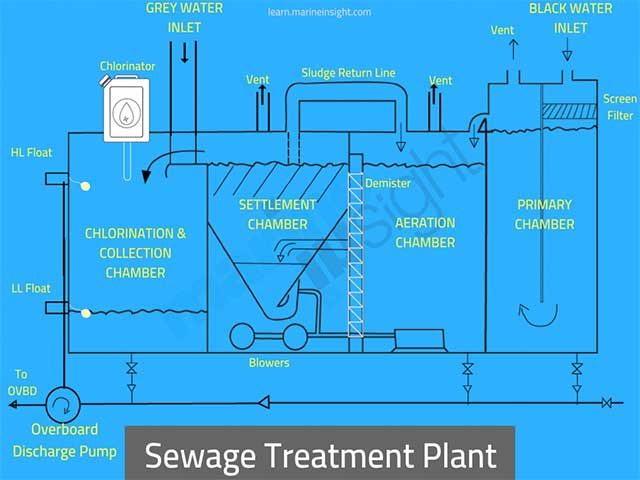 geodatadrilling.com
geodatadrilling.com sewage treatment plant option why
Sewage Treatment Plant Process | Working Of Sewage Treatment Plant
 www.neoakruthi.com
www.neoakruthi.com sewage plant
Sewage Treatment Plant
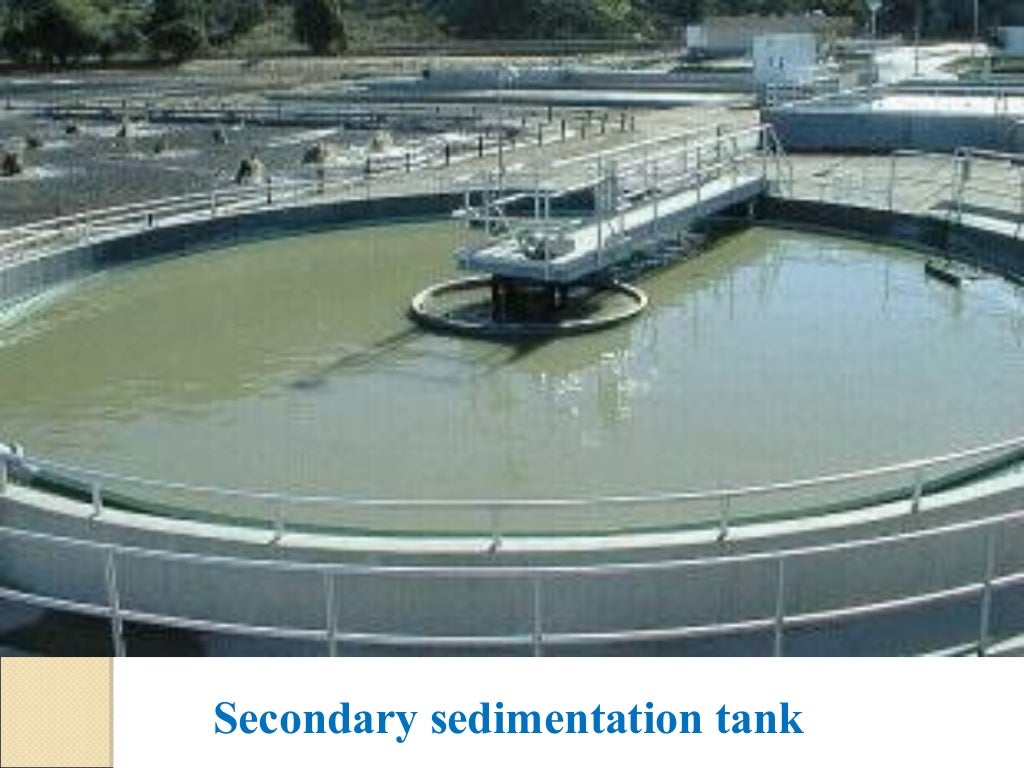 www.slideshare.net
www.slideshare.net sewage activated sludge
Why Choose A Domestic Sewage Treatment Plant? | Chokhavatia Associates
 chokhavatia.com
chokhavatia.com sewage domestic treatment plant why choose
Extended Aeration Treatment System - Definition | AWC
 www.membranechemicals.com
www.membranechemicals.com treatment wastewater aeration extended system plant waste biological package water primary process domestic removal sewage type sewer filtration screening municipal
Plant treatment sewage process sludge activated air wastewater effluent control diagram. Water softener & purifier. Sewage activated sludge
Post a Comment for "How Many Types Of Sewage Treatment Plant Is Effective Wastewater Processes"